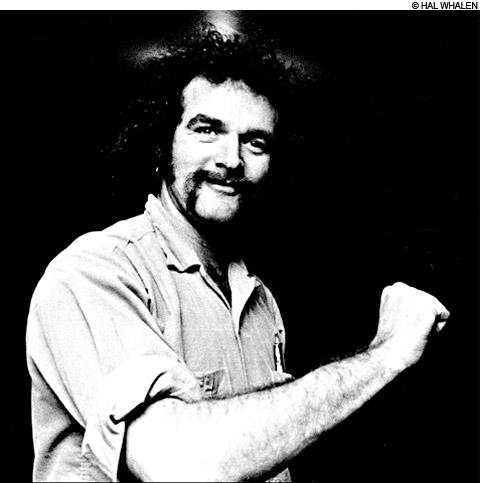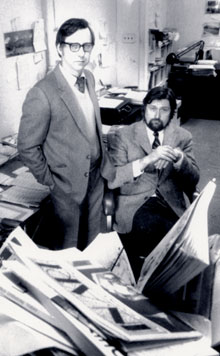 |
George Kimball, who died July 6, was a former Phoenix staff writer and, for 25 years, a sports columnist at the Boston Herald. His most recent books before his death were the Library of America anthology At The Fights: American Writers on Boxing (which he edited with John Schulian), and a collection of his own boxing pieces, Manly Art (McBooks Press); you can read a selection of hisPhoenix archives here. Also in the last months of his life, he wrote this reminiscence about his role as a founder of Ploughshares, which is now celebrating its 40th anniversary. Kimball was provoked to write the piece by reading a memoir by Ploughsares co-founder DeWitt Henry. Kimball takes issue with some of Henry's memories, but his affection and respect for his old sparring partner — a key figure in Boston's literary scene — is palpable. What emerges is both a portrait of a time in the city's cultural life, and by extension a self-portrait by its author. Thanks to Marge Marash Kimball for giving us permission to publish it.
_Ed.
After reading an item on the Boston Globe book page noting that DeWitt Henry had published a memoir, I bought a copy of the book. Sweet Dreams is subtitled "A Family Memoir," and, as I suspected it would be, quite well-written and touching in many ways. Even after reading it I'm not convinced that his history is sufficiently riveting to appeal to much of an audience save, perhaps, DeWitt's therapist and his immediate family, but there's a fair sprinkling of anecdotal reference to many of the literary lions he encountered in his lifelong struggle for acceptance as a writer, and the concluding parts of Sweet Dreams could come to be regarded as sort of a road map for the Boston-Cambridge literary scene of the early 1970s.

Ploughshares's DeWitt Henry and Peter O’Malley |
I'd first met DeWitt in 1971, when he and I were among the disparate collection of writers Peter O'Malley had thrown together in one room to put our heads together on the subject of
Ploughshares, a literary magazine he wanted to start. (O'Malley had asked me in the belief that my prior experience with
Grist, back in Kansas, would prove useful.) There was no great mystique to the name; it would be published out of the Plough and Stars, the Irish-themed saloon in Cambridge where O'Malley tended bar and was part-owner.
DeWitt's memoir is so replete in detail in its recitation of events that occurred as long as 50 years ago that many readers will probably assume him to have been one of those obsessive diarists who wrote down everything. That would have been my impression, too, but from the moment I started leafing through the book and came across his portrayal of Ploughshares' founding fathers, I began to reconsider.
Aram Saroyan was "William's son, who claimed that his father had already done everything worth doing with fiction," although I don't remember Aram having ever said anything of the sort, and rather doubt that he would have. I am described as "a Hunter Thompson fan, who had studied at Iowa, run unsuccessfully for sheriff of Kansas City, lived on the Bowery, and then come to Cambridge to write for Cambridge's underground weekly, the Phoenix."